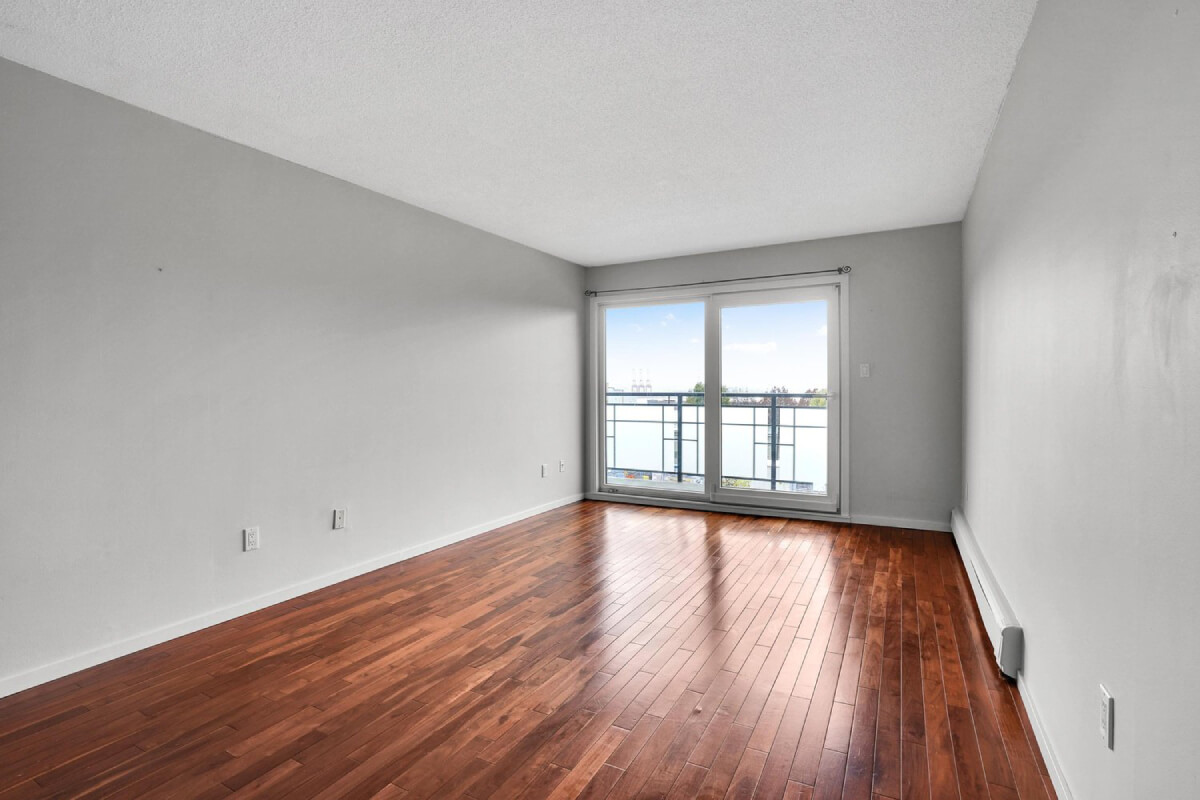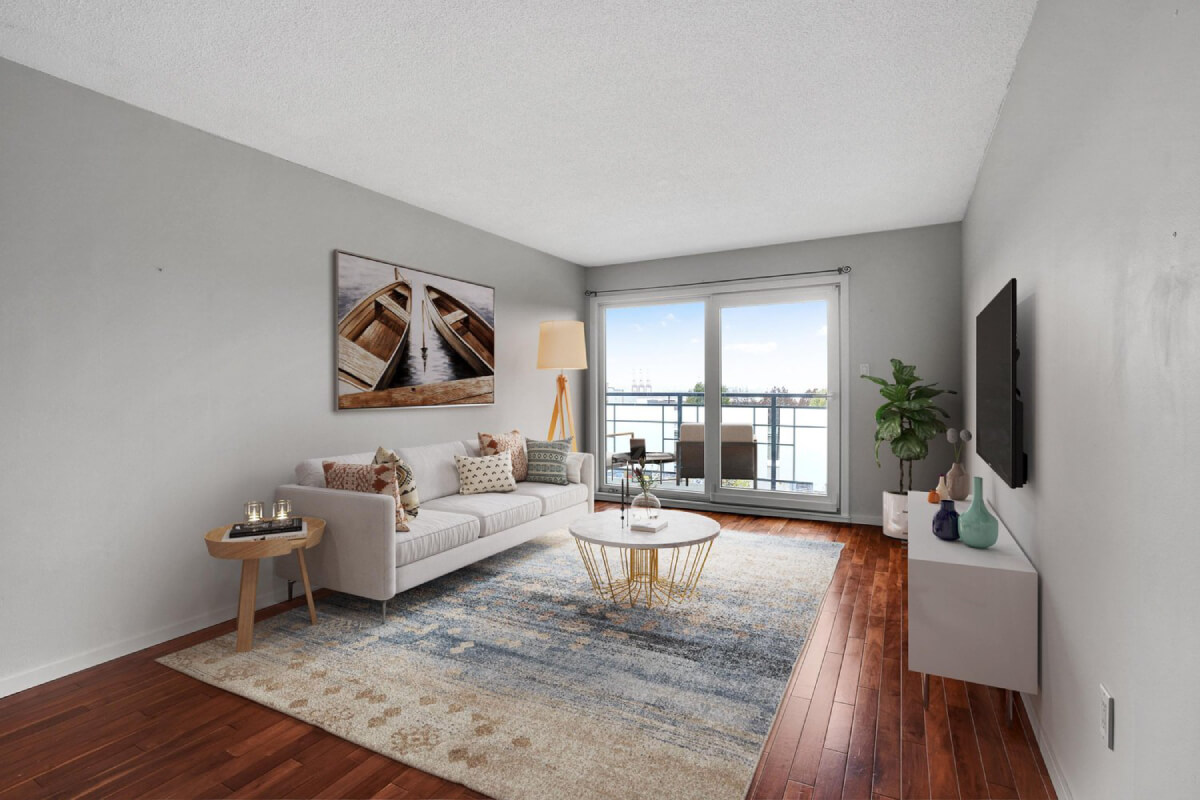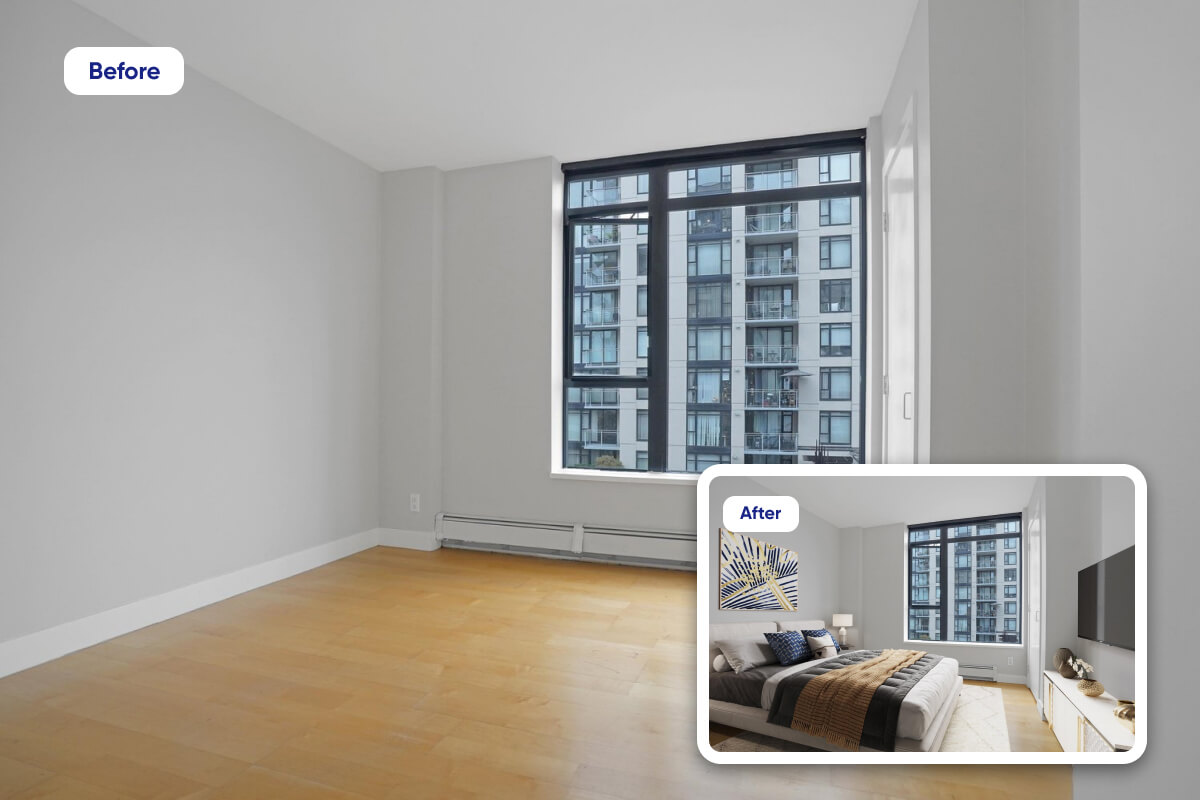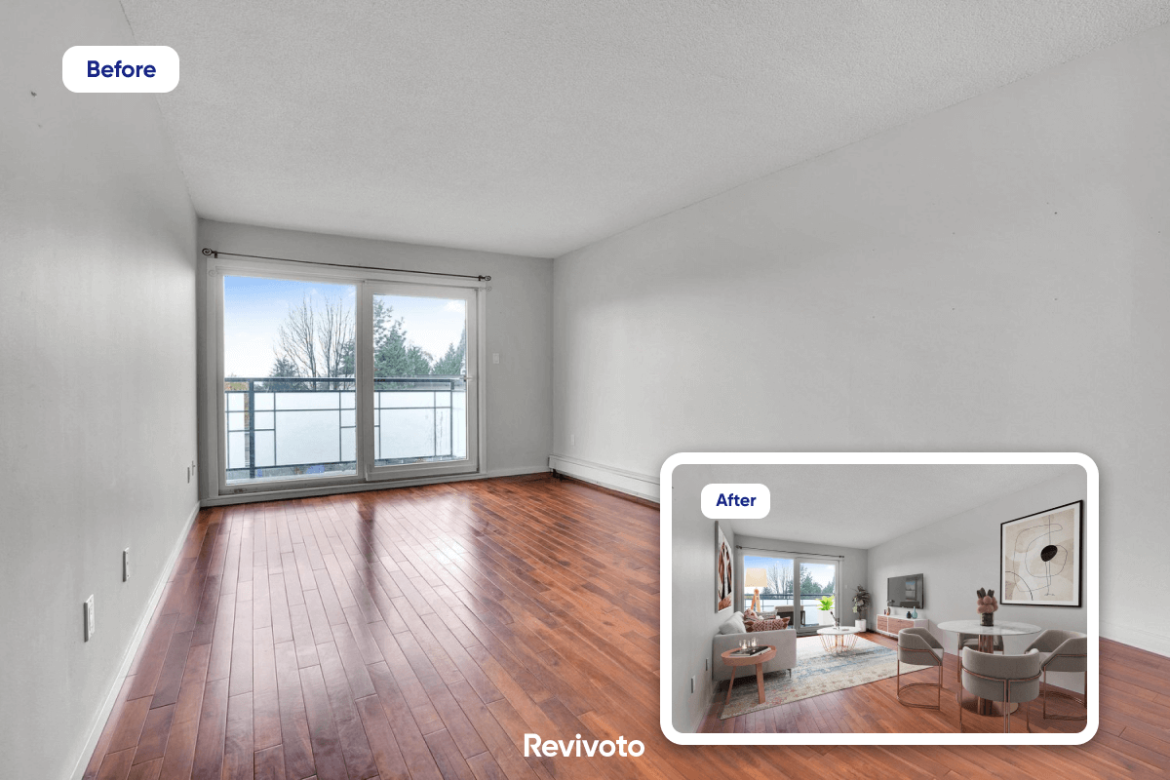“The truth is rarely pure and never simple.”
Picture this: you have a new listing. Your expertise tells you this one needs some help to sell. You decide to go with virtual staging to show prospective buyers how it would be actually to live there. When you get the upgraded images of the estate, you start to wonder: is virtual staging legal? Am I lying to people? Would that make me liable?
Before, your issue was a hard-to-sell property, and now you have to worry about a possible lawsuit. “Is this a mistake?” You’re wondering. That is one scary scenario, and no real estate agent wants to live it. Let’s put your mind at ease by answering this question like any professional lawyer would: virtual staging is legal, depending on how you execute it.
So, virtual staging itself is a legal option for the realtors to market a listing. The way you use this option will either keep it legal or push it to the other side.
Let’s check out how virtual staging is kept in the legal domain. But first, allow us to take a look at the nature of virtual staging.
Table of Contents
The Essence of Virtual Staging
Virtual staging is one of their magic tricks if you consider realtors and real estate photographers as magicians who turn a house into a home. The concept of virtual staging is based on an illusion, showing features in image listings that do not exist in actual reality. That is entirely acceptable since the virtual staging objective is to show “what it could be” as opposed to “what it is.”
Understanding the nature of virtual staging is vital for answering the “Is virtual staging legal?” We are not arguing if this illusion is legal or not. We are only assessing its limits to avoid a lawsuit in the future. With that in mind, let’s see how to stage virtually legally.
How Is Virtual Staging Perceived in the Eyes of Homebuyers
Virtual staging is an upgraded or 2.0 version of traditional staging. Research shows that virtual staging benefits both the seller and the buyer:
- It allows the buyers to visualize the home and imagine how it will look once it is furnished, helping them to think about the prospects and perks of living there.
- It helps the property look its best, selling faster and at a better price.
- It is cost-effective; there is no need to pay for a professional staging service.
- It can be done quickly, anytime, and anywhere.
- The look and feel of the property are totally under control, and one can easily change anything that does not look good.
- Multiple virtual staging designs are available, so it’s possible to pick more than one style and address different tastes.
To order virtual staging at an unbeatable price click below!
Due to its advantages, both sides of the real estate market welcome virtual staging and consider it an influential factor in decision-making.
Like any other tool, virtual staging can be used properly, unethically, and illegally. There are clear boundaries for legal virtual staging to avoid a “virtual staging gone bad” situation and, subsequently, a “misrepresentation lawsuit.”
Let’s check what virtual staging looks like “when it’s gone wrong” and then review the methods of staying in the legal domain.


How Does Illegal and Unethical Virtual Staging Look Like?
Since virtual staging deals with photographs, theoretically, there are no limits to what we can do. In reality, there are some alterations that it’s best not to leave to virtual staging.
Remodeling:
You can remove an old fireplace and change the color of the walls and cabinets to show the property’s potential. However, as you can see, the outcome is far away from the actuality of the property. Putting such an image on your listing ad can only be interpreted as a misrepresentation.
Repairing:
There may be a stain on the wall or a hole in the carpet. It is possible to cover these by adding virtual furnishing and decorations. If you do so without enlisting the before shots, you have moved to unethical and illegal staging.
As a general rule, if you are creating a huge gap between what the property is and how it looks in the pictures, you are subjecting yourself to criticism and legal action. But no worries! It is possible to take advantage of virtual staging without concerns regarding its legality. Let’s see how.
How to Keep Virtual Staging Legal?
Here are some guidelines to consider when using virtual staging services. These will assist you in taking advantage of the service while avoiding liability.
Stage but Don’t hide {a before and after image of virtual staging and empty room}
Virtual staging entails adding furniture, decorations, and accessories to the images of an empty property. Of course, the property might not necessarily be vacant. You can virtually stage pictures of a listing after they’ve gone through “whole item removal.” Nevertheless, real estate virtual staging requires images of an empty room.
So, your starting point is an empty space. Ask yourself this: is virtual staging adding something or hiding something? Are you virtually covering a hole in the wall by innocently putting a couch in front of it? Are you blocking a stain on the carpet by placing a table on it?
Some of these may be inevitable. Your intention is not to hide, but it happens anyway. No worries, you can evade any accusations by putting before and after images for your online listing. This way, the homebuyers see the property as is and could be in one place.
Unveil virtual staging {a virtually staged image with a logo or sign saying: “Virtually Staged”}
How to make sure your virtual staging stays legal? Easy, mention it! By concealing that listing images are virtually staged, you turn the illusion into a deception. Benjamin Franklin wisely said: “the truth will set you free.” So, avoid any misrepresentation lawsuit by disclosing on your listing images that they’re virtually staged.
When you label your images as such, the future buyers’ expectations are set straight, and it wouldn’t feel like a scam when they visit the property.
Take advantage of printed listing images {a printed version of the staged room, but it should be put in front of the shot of the empty room}
Apart from keeping marketing efforts legal, we should consider the future buyers’ emotions. They are scrolling online; our tastefully albeit virtually staged listing images catch their eye. They arrange a visit, and when they arrive at the property, that emptiness hits them in the face.
You are not doing anything illegal; you have disclosed in your ad that the images are virtually staged, and they know it. But being aware of a fact does not necessarily overcome the sensation. That is one shortcoming of virtual staging compared to real or traditional staging. But no worries, printed pictures are an easy solution to overcome this void.
Putting a printed picture of each room’s virtually staged version is the perfect strategy; buyers can go around the room without the bother of furniture and decoration, and yet they can enlist the help of the printed image to envision living there with their possessions.

Define the objective: Staging or make-over {a before and after of a virtual staging project for a fixer-upper house}
Your listing can be a fixer-upper, and the owner might not want to spend a dime on renovation or even repair. You’ll need a miracle to market such a property, and virtual renovation and staging can significantly assist. You want to show the property’s potential, but it’s impossible to do so through skinned paint, worn-out carpet, outdated cabinets, and any eye-sour feature of the house. Still, some people look for exactly such properties. You can help them see the estate after renovations by virtual make-over and staging of the property.
Take prior precautions
You can steer clear of future legal actions:
- Consult a lawyer: check the wording of your listing ads with a lawyer in advance. Look for anything that makes room for a misrepresentation claim. Acquire a checklist of legal boundaries for future listings.
- Get Errors & Omissions insurance: it takes only one mislabeled picture to open the door for legal action. By having proper E&O insurance, you can use marketing options concern-free.
Conclusion
Now that we have analyzed the legal aspects of virtual staging, we can agree with Mr. Wilde; with virtual staging, there is no pure and simple truth since the concept is based on illusion. That is why we tried to answer “is virtual staging legal?” with “what keeps virtual staging legal?”
Simply put, It’s not a lie if everyone knows it, and it’s not a lie if you don’t intend to deceive. It may seem like an oversimplification, but we can use this rule to assess the legality of our virtual staging. In a nutshell, disclosing your virtual staging efforts in advance and in detail is where the line stands for legal virtual staging.
In a nutshell, virtual staging is legal if your audience knows about it!
FAQ
The cost of real estate virtual staging service depends on the followings:
- The number of rooms you want to be staged
- The amount of space that has to be covered
- The turnaround time needed to prepare the images.
Considering the above factors, each virtually staged photo can cost somewhere between $20 to $150.


